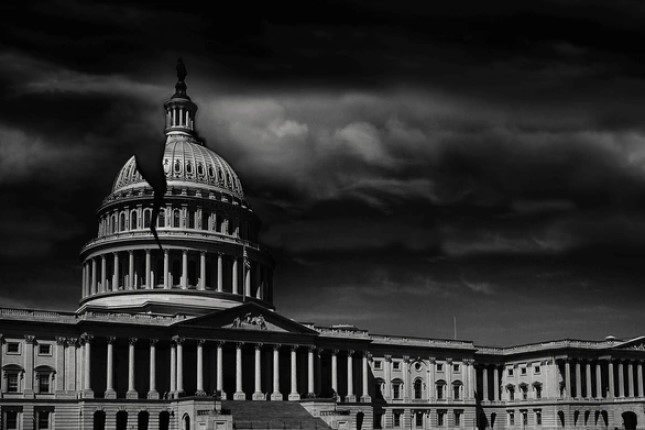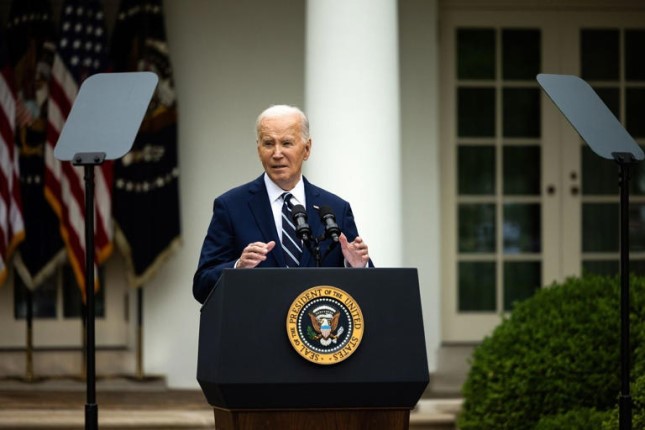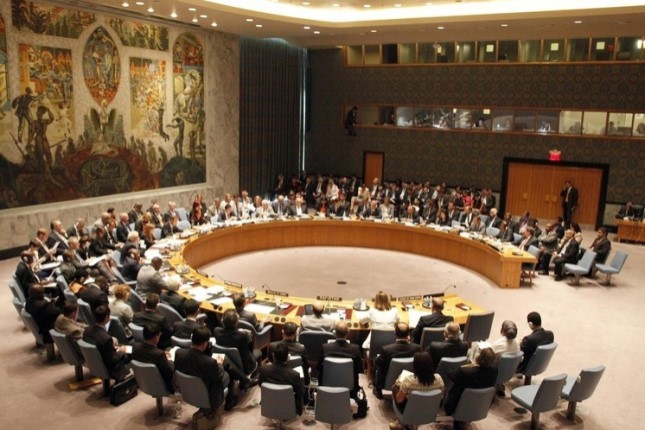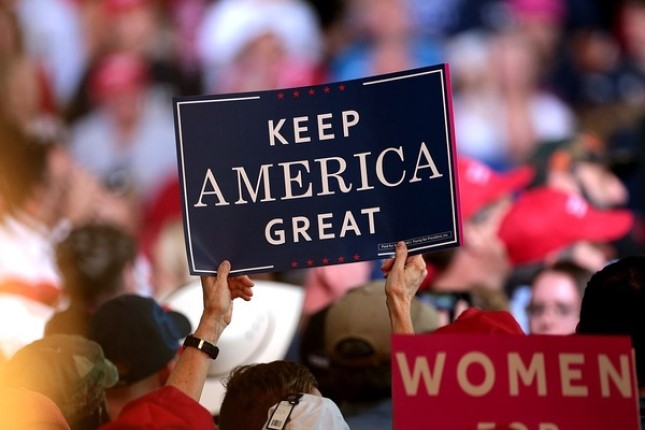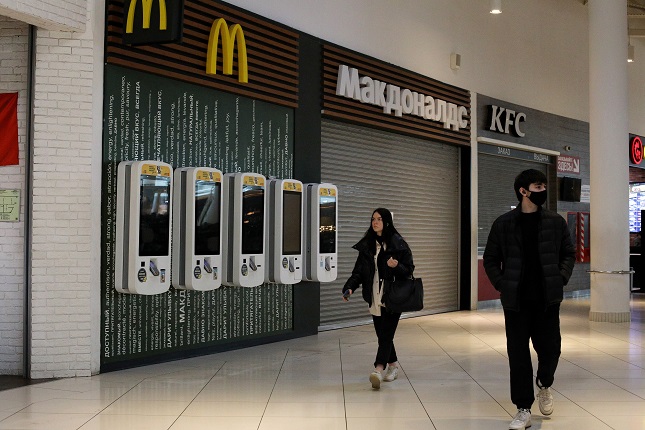The victory of fiery right-wing candidate Javier Milei in the Argentine presidential election will pose some challenges for the country's ties with China as bilateral relations may enter a trial period until both sides find more common interests, said some Chinese experts.
Meanwhile, they argued that it is less likely for Argentina to decouple from China given that the president-elect aims to fix an economy battered by triple-digit inflation, a looming recession and rising poverty, despite the fact he had made some harsh remarks related to China during the election race.
Reuters on Monday said that Milei rode a wave of voter anger with the political mainstream and won by a wider-than-expected margin. He landed some 56 percent of the vote versus just over 44 percent for his rival, Peronist Economy Minister Sergio Massa, who conceded.
China congratulates Argentina on the smooth holding of the election and Milei on being elected president of Argentina, said Chinese Foreign Ministry spokesperson Mao Ning at a Monday press briefing. China-Argentina relations have shown a sound momentum of development and have brought tangible benefits to the two peoples, according to Mao.
China always attaches importance to the development of bilateral relations from a strategic and long-term perspective, and stands ready to work with Argentina to continue friendship, boost each other's development and revitalization through win-win cooperation, promote the steady and long-term development of bilateral ties and bring more benefits to the two peoples, Mao stated.
As Beijing made a proper and positive statement concerning Milei's presidential win, some Chinese observers called on the president-elect to cherish the long-term friendship and mutually beneficial cooperation with China especially as he faces enormous challenges.
Milei will have to deal with the empty coffers of the government and central bank, a creaking $44 billion debt program with the International Monetary Fund, inflation nearing 150 percent and a dizzying array of capital controls, the Reuters report said.
"The model of decadence has come to an end, there's no going back," Milei said in a defiant speech after the result, while also acknowledging the challenges that face him, according to the news report.
Considering his desire to pull Argentina out of its economic malaise, the country cannot leave its main trading partners - Brazil and China, Wang Youming, director of the Institute of Developing Countries at the China Institute of International Studies in Beijing, told the Global Times on Monday, citing the fact that China is Argentina's second largest trade partner and largest purchaser of agricultural products.
Wang made the comments in response to some of Milei's radical remarks on China and Brazil during his election campaign.
According to media reports, Milei has said he would "not do business with communist countries" and advocated breaking off relations with China in favor of ties with "the civilized side" of the world, which in this case should refer to the US-led Western camp.
However, Wang said some radical remarks were possibly only campaign rhetoric to grab attention and as a new leader of the large Latin American country, Milei will realize that it is inseparable from the help of China, a big market and big buyer as well as big country with abundant foreign exchange reserves.
Yuan Dongzhen, a deputy director of the Latin American Institute of the Chinese Academy of Social Sciences, shares a similar view. He pointed out that it is impossible for Argentina to decouple from China, but bilateral exchanges could enter a trial period after the far-right politician takes office.
It is Argentina that may lose out if the new government wants China out of their market, some experts warned.
"I believe there will not be a severe setback [in bilateral ties], but there will certainly be some bumps along the way, and it will not be as smooth as during the left-wing government," Wang noted.
Dubbed as the "Argentine Trump," it is believed that Milei will emulate former US president Donald Trump and the Argentine economy will enter a stage of neoliberalism characterized by marketization, privatization and liberalization.
Trump congratulated Milei and said the libertarian would "make Argentina great again."
Regarding Argentina's potential membership in BRICS, Wang said that Milei's election victory will greatly increase the uncertainty of the Latin American country becoming a new BRICS member given that Milei has publicly criticized the BRICS mechanism. Argentina was one of six nations invited during the 15th BRICS summit in August to join the bloc, which consists of Brazil, Russia, India, China and South Africa.
In response to media reports claiming that Argentine foreign minister candidate said the country won't join BRICS, Mao said at the Monday press conference that the BRICS cooperation mechanism is an important platform for emerging markets and developing countries to strengthen solidarity and cooperation and safeguard common interests.
BRICS is also an open platform, and we welcome any willing country to become a member of the family, Mao noted.
Milei's election victory also raises some worries among observers that he may lead to a dramatic change in Argentina's international role and shake up Latin American geopolitics.
Latin America has been experiencing a "pink tide" resurgence with major countries in the region, including Brazil, "turning left." But the far-right president-elect in the second largest country in South America can be seen as tearing apart the predominantly left-wing political landscape of the region, Wang said.
With elections in Mexico and Venezuela coming up next year, a new round of left-right duels have begun, so the victory of Argentina's far right may increase some uncertainty in the left-right power struggle in the region, the expert predicted.
Photo: Supporters of Javier Milei from the far-right Liberty Advances coalition celebrate after his victory in Argentina's presidential elections on November 20, 2023 © VCG.
Source: The Global Times.





















